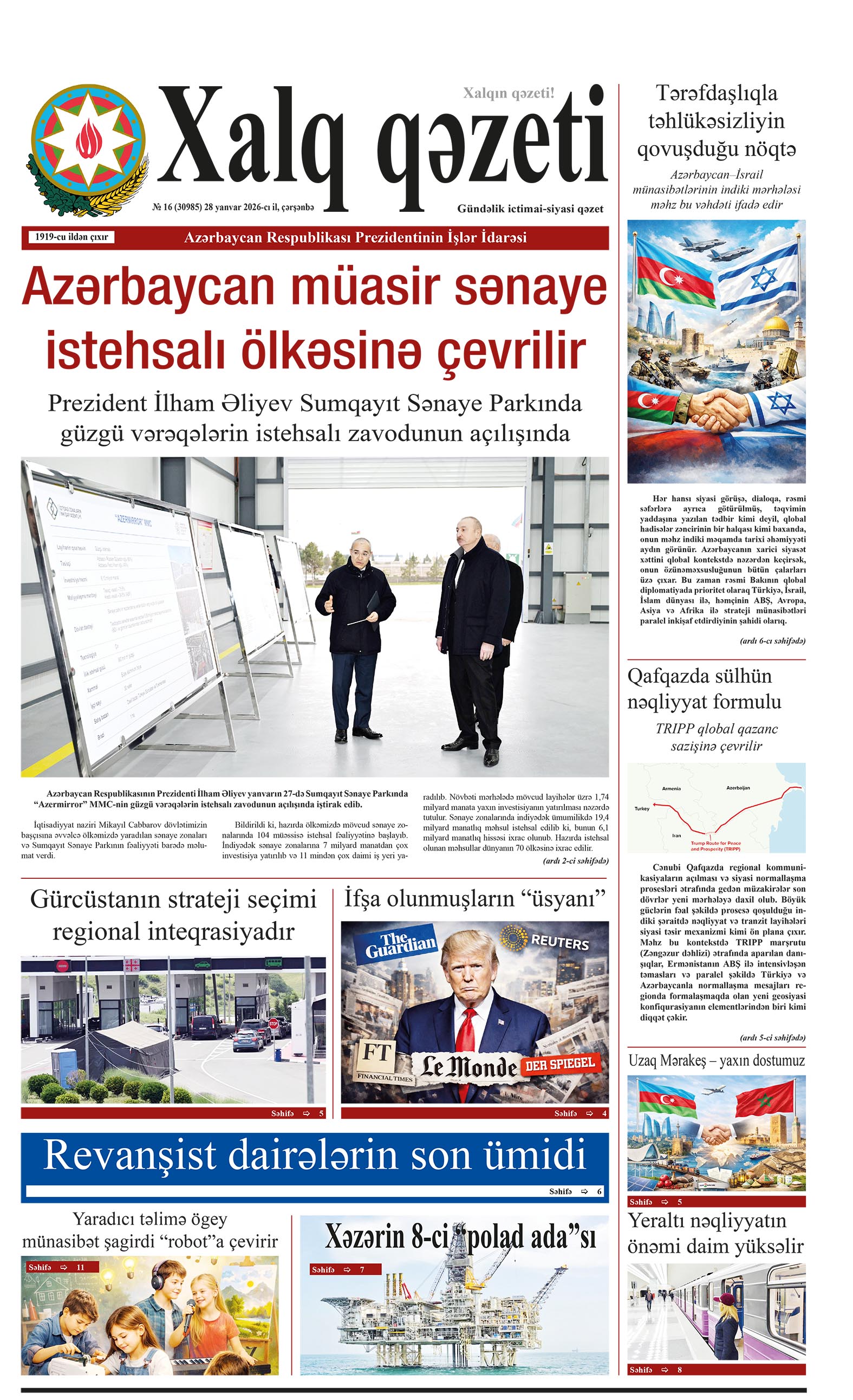By JERUSALEM POST STAFF
Study reveals significant gray matter volume increases in key brain regions among overworked individuals.
A recent study conducted by researchers from Chung-Ang University and Yonsei University in South Korea revealed that individuals who regularly work over 52 hours per week exhibit changes in brain structure, particularly in regions associated with executive function and emotional regulation.
The researchers analyzed the brains of 110 healthcare workers, dividing them into two groups: 32 individuals who worked at least 52 hours per week and 78 who adhered to standard working hours. Using neuroimaging techniques, including voxel-based morphometry (VBM) and atlas-based analysis, they found changes in brain regions among overworked individuals.
Volume increases were observed in the middle frontal gyrus, a region that plays a role in cognitive functions such as attention, working memory, and language processing. The insula, involved in emotional processing and self-awareness, also showed increases in volume among those working long hours. These findings suggest a potential association between long working hours and changes in brain regions.
"The observed changes in brain volume may be the biological basis of the cognitive and emotional challenges often reported by individuals who work excessively," the researchers stated, according to CNN. They noted that these structural changes could provide a neurological explanation for issues such as fatigue and burnout frequently experienced by overworked individuals.
Co-author of the study, Professor Jun-Yul Choi, stated that these changes could be partially reversible if environmental stress factors are removed. However, he added that returning the brain to its baseline state could take much longer.
The study emphasizes the need for workplace policies that minimize excessive working hours. While the behavioral and psychological consequences of overwork are well understood, the underlying neurological mechanisms and anatomical changes are less explored. Addressing overwork as a health issue is necessary because the neurological impact of excessive working hours is rarely considered in the formulation of labor policies.
Previous research has linked long working hours to health issues, including heart disorders, diabetes, and depression. Now, there is physical evidence that the brain also suffers from excessive work. The International Labour Organization (ILO) estimates that excessive work causes more than 800,000 deaths each year, primarily due to stroke and heart disease.
The researchers caution that the observed growth of brain tissue may indicate swelling or changes in connectivity due to stress, rather than healthy development. They emphasized that, "although the results should be interpreted with caution, they represent a significant first step in understanding the relationship between overwork and brain health."
















